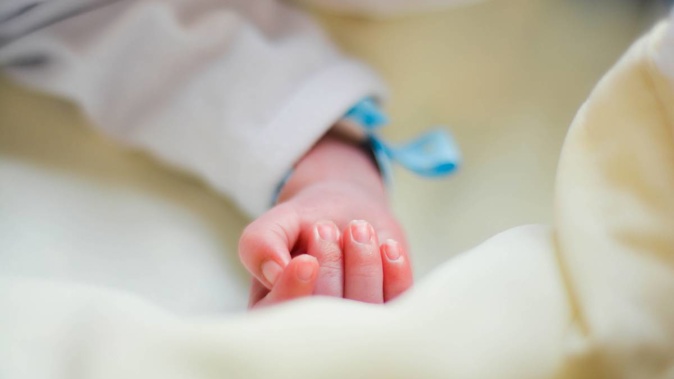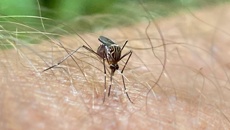
Syphilis passed on in pregnancy has been linked to the deaths of eight babies in the past five years.
Most of the women who lost babies are Māori. The stillbirths and perinatal deaths are entirely preventable, experts say, and reflect a health system under enormous pressure.
Many congenital (mother-to-baby) syphilis cases happened because the mother had no antenatal care during their pregnancy, which would have included a blood test for syphilis, which is treatable with penicillin.
“Sometimes it’s really hard to find a midwife that has their books open to accept new patients,” said Tauranga-based sexual health clinician Dr Massimo Giola, an executive member of the NZ Sexual Health Society (NZSHS).
“We have quite a few people around who can’t even enrol with [a] GP, because half of the GPs in our region have their books closed.
“There’s a primary care crisis at the moment. That affects everything, including sexual health and antenatal care.”
New Zealand is in a syphilis epidemic, with 486 reported cases last year, including 100 in women of reproductive age (15 to 44 years).
The sexually transmitted infection can pass from mother to unborn child in pregnancy and, if untreated, cause miscarriage, stillbirth, deafness and deformities.
A surveillance report from the Institute of Environmental Science and Research (ESR) reveals there were eight cases of congenital syphilis reported in 2022 (seven of the women were Māori, and one was Pasifika).
Six babies were live-born with symptoms, one was stillborn, and another a perinatal death (when a baby dies between 20 weeks of pregnancy and up to 28 days after birth).
In five of the cases the mothers had no or late antenatal care, one had a new infection in pregnancy, and one had “treatment failure”.
“The rate of congenital syphilis, 14 per 100,000 live births, increased from 2021 to 2022, and is at the highest level seen, equal to that seen in 2020,” ESR reported.
“The 2022 rate of congenital syphilis among Māori was substantially higher, at 40 per 100,000 live births. This disparity reflects ongoing inequities in access to healthcare, including antenatal and sexual healthcare, for Māori.”
An “outcomes” graph published with the report indicates that over the period spanning 2018-2022, there have been six stillbirths and two perinatal deaths linked to congenital syphilis.
An accompanying display shows the “missed opportunities” relating to congenital syphilis cases over the same period, including 16 cases where women received no or late antenatal care.
Another problem: six cases of “new infection in pregnancy”.
The NZSHS, a group for professionals working in sexual health, in December 2020 called for all women to be offered a re-test for syphilis in the third trimester (28 to 32 weeks) of pregnancy.
This should be universal to avoid stigma, the group argued.
“In fact, NZSHS is aware of congenital syphilis cases where pregnant women with syphilis did not fit any of the high-risk criteria and tested negative at the routine first antenatal screening.
“NZSHS considers it unacceptable that such a serious, easily preventable health problem is still occurring in Aotearoa.”
The society has also proposed a new national system for sexual health, using regional clinical networks to try to overcome the “postcode lottery” which means services are uneven by region. That will require more resourcing.
There are also moves to improve the reporting of syphilis and congenital syphilis cases. Current information indicates New Zealand has about double the congenital syphilis rate of Australia.
The Ministry of Health and Te Whatu Ora told the Herald the surveillance from ESR showed the biggest problem was a lack of antenatal care, and that was the focus of a new maternity and early years programme, Kahu Taurima, which will “redesign and integrate” services.
Dr Mavis Duncanson, co-director of the NZ Paediatric Surveillance Unit at the University of Otago, backed the call for third-trimester testing, and supports proposals to design and commission services that work for Māori and Pasifika families, and all New Zealanders.
“I look forward to the day when our surveillance finds that there are no cases of congenital syphilis because all affected pregnant people are diagnosed promptly and receive full and appropriate treatment before the baby is born.”
HELP US INVESTIGATE
If you can help us shed light on this issue, contact investigative reporter Nicholas Jones by email: nicholas.jones@nzme.co.nz.
We will not publish your name or identify you as a source unless you want us to.
Nicholas Jones is an investigative reporter at the New Zealand Herald. He won the Best Individual Investigation and Best Social Issues Reporter categories at the 2023 Voyager Media Awards.
Take your Radio, Podcasts and Music with you









